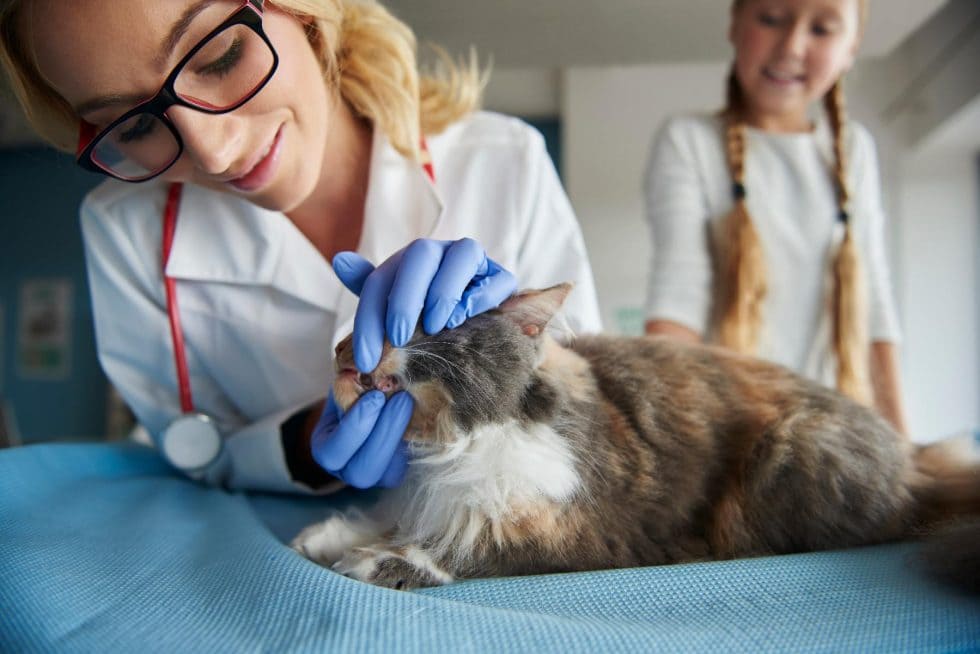
Parasites are a common concern for pet owners, with infestations ranging from fleas and ticks to internal worms. Left untreated, these pests can cause significant health issues for pets and even spread diseases to humans. Recently, "parasite cleansing" has gained popularity, with advocates promoting both conventional and natural remedies. But are these cleanses safe and effective for your furry friends? This article dives deep into the topic to help you make informed decisions about your pet's health.
Understanding Parasites in Pets
What Are Parasites?
Parasites are organisms that live on or inside a host, deriving nutrients at the host's expense. Common types of pet parasites include:
Risks of Untreated Parasites
If left unchecked, parasites can:
- Cause malnutrition, anemia, or organ damage in pets.
- Lead to severe skin irritations or infections.
- Transmit diseases such as Lyme disease (via ticks) or zoonotic infections like toxoplasmosis, which can affect humans.
Types of Parasite Cleanses
Conventional Treatments
Conventional treatments prescribed by veterinarians include:
- Dewormers: Medications that target specific internal parasites.
- Flea and Tick Preventatives: Products such as topical treatments, oral medications, or collars.
- Heartworm Preventatives: Monthly medications to prevent dangerous heartworm infections.
Pros:
- Backed by scientific research and veterinary recommendations.
- Effective against specific parasites with predictable outcomes.
Cons:
- Potential side effects such as vomiting or diarrhea.
- May not address the root cause of re-infestation.
Natural or DIY Cleanses
Natural parasite cleanses often involve:
Common Claims:
- Gentle on pets compared to synthetic medications.
- Can boost overall health while eliminating parasites.
Risks:
- Lack of regulation and scientific validation.
- Potential toxicity, especially with ingredients like garlic in large quantities.
Emerging Trends
Trendy methods such as "parasite detox kits" or "natural parasite detox powders" are gaining traction online. While these may sound appealing, they often lack robust evidence supporting their safety or efficacy.
Are Parasite Cleanses Effective?
Evidence for Conventional Treatments

Veterinary studies consistently show the efficacy of dewormers and flea preventatives when used as directed. For example:
- Heartworm preventatives boast near 100% effectiveness.
- Topical flea treatments can eliminate infestations within hours.
Evaluating Natural Cleanses
While anecdotal evidence suggests success with some natural remedies, controlled studies are often lacking. Incomplete cleansing can leave pets vulnerable to reinfection or more severe infestations.
Expert Opinions
Veterinarians emphasize that while some natural remedies can complement conventional care, they should not replace it. Misdiagnosing or improperly treating a parasite issue can lead to severe health complications.
Are Parasite Cleanses Safe?
Risks of Self-Treating Pets
- Overdosing on herbal remedies can cause toxicity.
- Using inappropriate substances, such as essential oils, can harm pets (e.g., tea tree oil is toxic to dogs and cats).
- Delaying professional treatment can worsen infestations.
Importance of Veterinary Guidance
Veterinarians:
- Perform accurate diagnostics to identify the specific parasite.
- Recommend treatments tailored to your pet's age, weight, and health status.
- Monitor for adverse reactions or complications.
How to Approach Parasite Prevention and Treatment
Preventative Measures
- Hygiene: Regularly clean your pet's bedding and living areas.
- Grooming: Brush and bathe your pet to check for external parasites.
- Environment: Treat your home and yard to prevent flea and tick infestations.
Safe and Effective Treatment Options
- Consult a vet before starting any treatment—conventional or natural.
- Use FDA-approved medications for reliable results.
- Combine treatments with preventive measures to minimize re-infestation.
Balanced Perspective
Both conventional and natural remedies have their place in pet care. An integrated approach, guided by veterinary advice, ensures your pet's safety and well-being.

Common Misconceptions
- "Natural remedies are always safer."
Truth: Many natural substances can be toxic to pets.
- "Parasite cleanses can prevent infections."
Truth: Cleanses treat infestations but do not prevent them. Preventatives are essential.
Setting Realistic Expectations
No method guarantees complete protection without a comprehensive approach involving proper hygiene, routine check-ups, and effective preventatives.
Case Studies or Anecdotes
Success Stories
A dog owner who combined vet-prescribed dewormers with a healthy diet successfully eliminated a stubborn roundworm infestation.
Cautionary Tales
A cat owner used an unregulated herbal detox kit that caused severe vomiting and dehydration, requiring emergency veterinary care.
FAQs About Parasite Cleansing for Pets
- What are the signs my pet has parasites? Symptoms include diarrhea, weight loss, excessive scratching, or visible worms in feces.
- Can I use human parasite cleanses on my pet? No, as human cleanses often contain substances toxic to pets.
- How often should I deworm my pet? Follow your vet's recommendations, typically every 3-6 months depending on risk factors.
Conclusion
Parasite cleansing for pets can be safe and effective when approached thoughtfully. Conventional treatments are backed by scientific evidence, while natural remedies can play a supportive role when used responsibly. The key is to prioritize your pet's health by consulting a veterinarian, practicing good hygiene, and adopting preventative measures.
Take Action: Schedule a veterinary visit today to ensure your pet is parasite-free and thriving. Share this article to help fellow pet owners make informed decisions about parasite cleansing.


